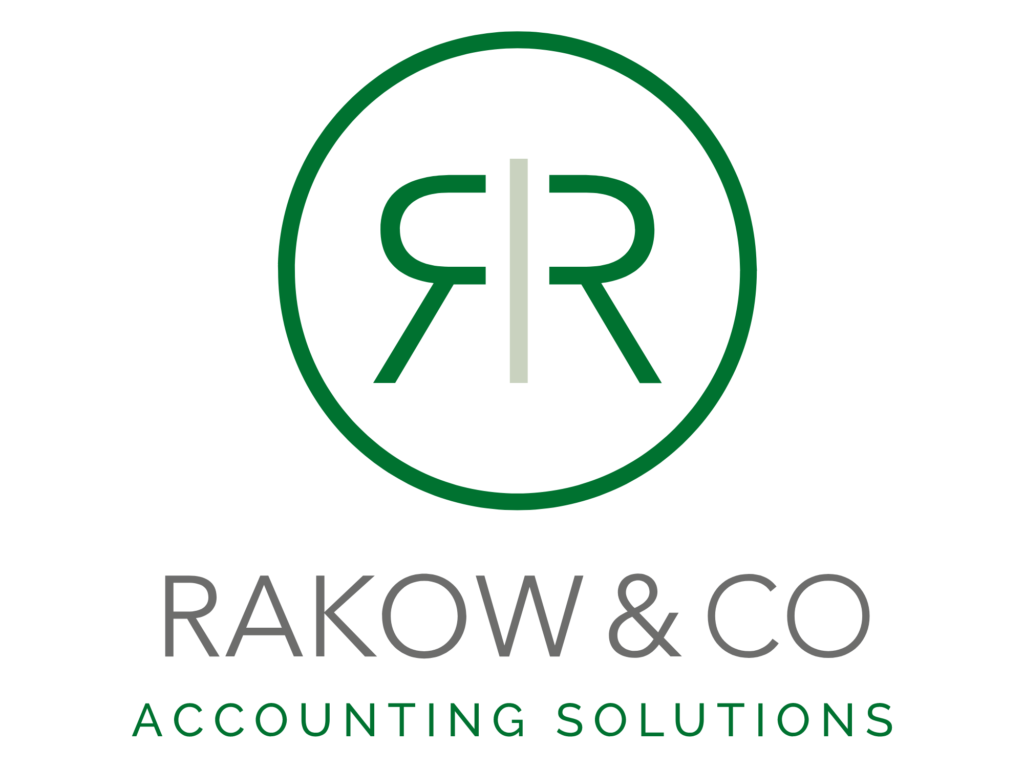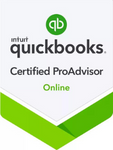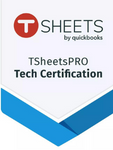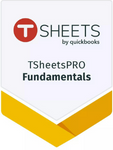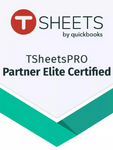Effective tax preparation and planning is essential for any business looking to maximize savings and stay compliant. A well-organized tax strategy helps you reduce your tax liabilities, avoid penalties, and keep more resources available for growth. Here’s a comprehensive look at tax planning strategies you can implement to make the most of every tax season.

Essential Tax Planning Strategies For Your Business
Below, we outline actionable strategies that make tax preparation more efficient and beneficial for your business.
Expense Deductions
Deducting your business-related expenses is one of the simplest ways to lower your taxable income. Proper tracking of deductible expenses like office supplies, travel, and utilities ensures that you can capture all available deductions and save more on taxes.
- Office Expenses: Deductions for costs associated with running an office—like rent, utilities, and maintenance—can significantly impact your tax bill.
- Travel and Meals: If you travel for business, you can generally deduct transportation, lodging, and meals. With accurate record-keeping, you’ll maximize these deductions and improve your tax position.
- Marketing and Advertising: Expenses related to advertising, promotions, and digital marketing are deductible, allowing you to expand your reach while saving on taxes.
Working with professional bookkeeping services can help ensure these expenses are organized and accurately reported, supporting more efficient tax preparation and planning.
Quarterly Tax Payments
For many businesses, paying estimated taxes quarterly is required to avoid penalties and keep up with tax obligations throughout the year. This approach distributes your tax payments, making them easier to manage and minimizing surprises at the end of the year.
- Cash Flow Management: Quarterly payments help manage cash flow by spreading out tax obligations evenly across the year.
- Penalty Avoidance: Timely quarterly payments reduce the risk of underpayment penalties, which can add unnecessary costs to your tax bill.
Having complete bookkeeping services to track income and expenses allows you to estimate and make accurate quarterly payments, supporting effective business tax planning strategies.
Asset Depreciation
Depreciation lets you spread out the cost of large purchases, like equipment or vehicles, over several years. Properly calculating depreciation reduces taxable income, helping you lower your tax bill.
- Straight-Line vs. Accelerated Depreciation: You can choose between straight-line depreciation, which spreads costs evenly, or accelerated methods that offer larger deductions in the early years.
- Section 179 Deduction: For qualifying assets, the Section 179 deduction allows you to write off the entire cost of an asset in the year it’s purchased, offering a more immediate tax benefit.
By tracking asset depreciation accurately, you make sure you’re taking advantage of all available deductions. This is where professional bookkeeping services play a crucial role.
Retirement Contributions
Retirement contributions offer a powerful way to reduce taxable income while also providing valuable benefits for employees. By contributing to retirement accounts, you not only save on taxes but also support employee retention.
- 401(k) and SIMPLE IRA Plans: These plans allow for matching contributions, which reduce your taxable income while helping employees save.
- SEP IRAs for Self-Employed Individuals: SEP IRAs offer flexible contributions and significant deduction potential, especially beneficial for small businesses and self-employed owners.
Accurate record-keeping of these contributions ensures you can take full advantage of the deductions available and streamline your business tax planning and preparation.
Research And Development (R&D) Tax Credits
If you invest in developing new products, technologies, or processes, you may qualify for the R&D tax credit. This credit is available across many industries and helps you offset the costs of innovation.
- Qualifying Activities: Many research activities qualify, including product improvements and software development.
- Eligible Expenses: Wages, supplies, and certain contract research costs may qualify for this credit.
Claiming the R&D credit requires precise documentation of qualifying activities, and a bookkeeping team can help ensure you don’t miss out on this valuable opportunity.
Charitable Contributions And Sponsorships
Charitable donations allow you to support causes you care about while also reducing your taxable income. Cash and non-cash contributions to qualified nonprofits may qualify for deductions.
- Cash Donations: Cash donations to qualified charities are generally deductible, within specific IRS limits.
- In-Kind Contributions: Donating inventory, equipment, or services also qualifies as a deductible expense when properly documented.
Accurate records of your charitable contributions help you maximize your deductions and meet IRS compliance standards.
Health Insurance And Employee Benefits
Offering health insurance and other benefits provides tax advantages for your business while supporting employee satisfaction. Employer-paid health insurance premiums are typically tax-deductible, and some health-related contributions may also qualify for additional credits.
- Health Insurance Premiums: Deducting premiums paid on behalf of employees helps you reduce taxable income.
- Health Savings Accounts (HSAs): Contributions to HSAs are deductible, benefiting both you and your employees.
Careful tracking of these contributions maximizes deductions and credits, which can add up to significant tax savings.
Income Deferral
Deferring income can reduce your taxable income in the current year, especially if you expect to be in a lower tax bracket next year. By carefully managing when you receive income, you can control your taxable income for optimal tax savings.
- Billing Timing: Adjusting the timing of invoices or contracts near year-end can help you delay income to the next tax year.
- Contract Adjustments: If you’re working on long-term contracts, structuring payments to spread income across years can lower your tax bill.
Income deferral is a strategic move that requires accurate tracking and reporting, making professional bookkeeping essential for success.
Accelerated Expenses
Accelerating expenses involves prepaying certain costs, which allows you to increase deductible amounts for the current year and manage your taxable income effectively.
- Prepaying Rent or Utilities: Prepaying rent or utilities lets you add to your deductible expenses for the current year.
- Bulk Purchasing of Supplies: Buying supplies in bulk at the end of the year helps maximize deductible expenses.
This strategy is particularly useful in profitable years when reducing taxable income is a priority.
Home Office Deduction (For Eligible Remote Businesses)
If you operate your business from a home office, you may be eligible for the home office deduction, which allows you to deduct a portion of your home expenses.
- Direct and Indirect Expenses: Direct expenses, such as office furniture, are fully deductible, while indirect expenses, like utilities, are deductible based on the percentage of home space used.
- Simplified Deduction Option: The IRS offers a simplified home office deduction, which provides a flat rate per square foot.
With accurate record-keeping, the home office deduction can be a valuable way to reduce your tax liability.
Section 199A Deduction For Qualified Business Income (QBI)
The Qualified Business Income (QBI) deduction, or Section 199A deduction, allows eligible businesses to deduct up to 20% of their qualified business income. This is a substantial tax-saving opportunity for pass-through entities.
- Qualifying Income: Check that your business type and income meet the IRS requirements for QBI.
- Maximizing Deduction: Work with a professional to ensure that income and expenses are recorded accurately so you can claim the full deduction.
The QBI deduction can significantly reduce your tax bill, but it requires thorough and accurate documentation.
Investment in Energy-Efficient Equipment
If you’re considering upgrades, investing in energy-efficient equipment can offer tax credits and deductions, along with long-term cost savings. The IRS provides incentives for environmentally friendly improvements.
- Energy-Efficient Property Credit: This credit applies to eligible energy-saving investments, like HVAC systems and lighting.
- Bonus Depreciation for Equipment: Energy-efficient equipment often qualifies for bonus depreciation, offering immediate savings.
By making energy-efficient upgrades, you can reduce your tax liability while also cutting operational costs.

Maximize Your Tax Savings
If you’re interested in learning more about tax-saving opportunities, check out our Small Business Tax Deductions Checklist blog. This checklist covers essential deductions that can help you reduce your taxable income and keep more of your hard-earned revenue. Pairing these insights with effective tax planning strategies ensures you’re fully leveraging every opportunity for savings throughout the year.
Benefits Of A Virtual Bookkeeper
For additional insights into managing your finances efficiently, explore our blog on the Benefits of a Virtual Bookkeeper blog. Virtual bookkeeping can play a pivotal role in maintaining accurate financial records, which are essential for effective tax preparation and planning. Discover how a virtual bookkeeper can support your business with real-time data, organization, and cost-effective solutions that enhance your business tax planning strategies year-round.
Make Tax Preparation And Planning A Year-Round Priority
Effective tax planning strategies require consistent tracking and attention to detail, not just at tax time. Working with professional bookkeeping and payroll services provides the financial data and support you need to make informed tax decisions year-round. With the right support, you’ll find tax season smoother and more predictable, freeing you up to focus on growth.
Ready to streamline your tax preparation and maximize savings? Rakow & Co offers comprehensive bookkeeping and payroll services designed to simplify tax planning and compliance. Contact Rakow & Co today and see how our professional bookkeeping services can help you achieve seamless, stress-free tax preparation.
FAQs
What are some effective tax planning strategies for small businesses?
Effective tax planning strategies for small businesses include expense deductions, managing quarterly tax payments, tracking asset depreciation, and maximizing retirement contributions. Each of these strategies helps reduce taxable income, keeping your business tax-efficient and compliant year-round.
How does tax preparation differ from tax planning?
Tax preparation involves organizing and filing taxes based on your current financial records, while tax planning strategies are proactive approaches that help minimize tax liability throughout the year. Tax planning includes strategies like deferring income, accelerating expenses, and maximizing deductions to help manage and reduce your annual tax obligations.
Why is business tax planning and preparation important?
Business tax planning and preparation are essential for ensuring compliance, reducing tax liability, and improving cash flow management. With effective tax planning, you can anticipate tax obligations, avoid penalties, and strategically use deductions and credits to your advantage. Proper preparation also ensures that your filings are accurate, minimizing the risk of errors and audits.
What are some common tax strategies for business owners?
Some common tax strategies for business owners include income deferral, prepaying certain expenses, taking advantage of retirement contributions, and claiming deductions for research and development (R&D) activities. Each of these tax strategies preparation techniques helps reduce taxable income and support long-term tax efficiency.
How can professional bookkeeping services help with tax planning and preparation?
Professional bookkeeping services play a crucial role in business tax planning and preparation by maintaining organized financial records, tracking expenses, and accurately calculating deductions. With up-to-date records, a professional bookkeeper can help you make informed tax decisions and implement tax planning strategies that maximize savings while ensuring compliance.
